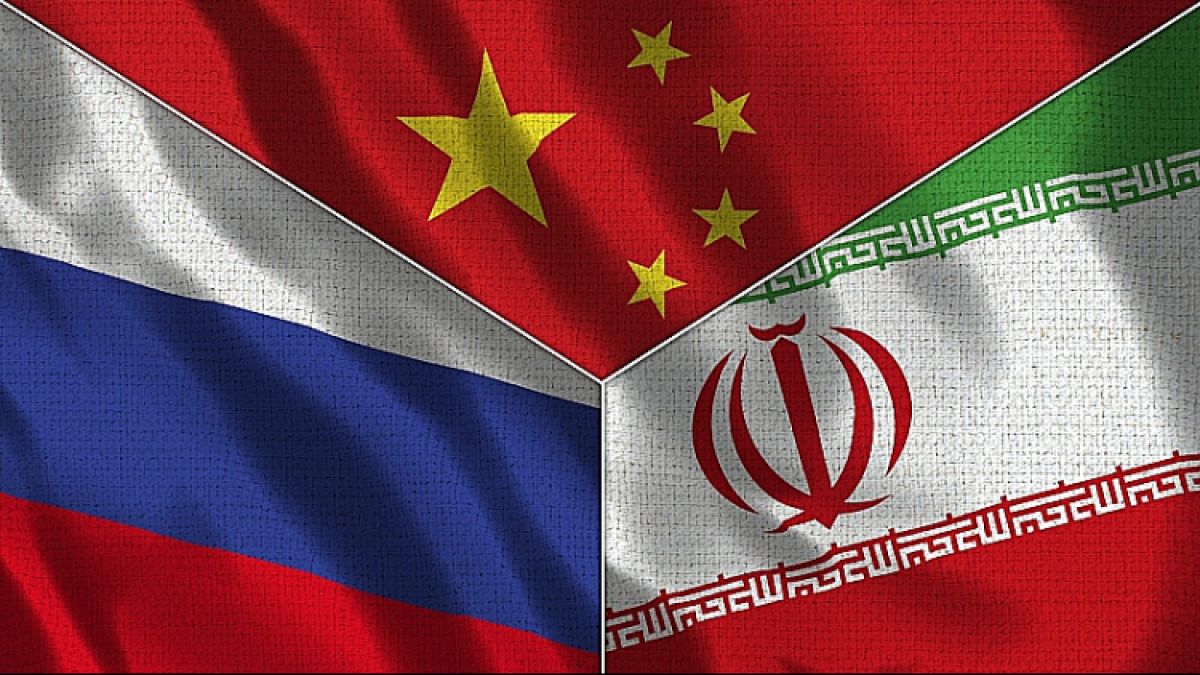 55
55
To many political and social scholars, the world, at this moment in time, is witnessing a pivotal juncture characterised by turmoil, wars, and political upheavals. This transient period is deemed a prelude to an emerging international order that will terminate the unravelling post-Cold War power balances.
Developing nations like Iran, India, Brazil, and South Africa are ideologically and methodically dismantling the Western hegemony that has prevailed since World War II, a reality that the Western elites and media vehemently attempt to deny.
Only in a few years, these rapidly flourishing countries have dramatically risen to prominence globally, even exceeding Western powers in accomplishing immense progress that, not too long ago, Western governments regarded to be within their exclusive sphere of privileges.
On the other hand, the escalating hostilities in Ukraine should be examined from several perspectives; it has become abundantly clear that NATO is not the military might that was wildly touted by the mainstream media for decades as the saviour against the US and its Western allies.
Through the prism of Western state disinformation, NATO was incessantly depicted as a highly coherent alliance. In fact, the raging conflict in Ukraine disproved this media hoax, as there are many profound schisms between NATO members regarding the future of the confrontations in Eastern Europe.
The United States and its lackey, the United Kingdom, seek to contain the unrelenting ascent of Eurasian powers (China, Russia, and Iran). Nonetheless, the other NATO members, like Germany and Spain, are in dire need of Russia’s energy supply.
Moreover, they cannot abandon their profitable financial ties with Beijing, divulging dark splits that lurk underneath the Western rhetoric about the unity and solidarity of NATO vis-à-vis Moscow.
To put it in other words, each Western government has disparate and irreconcilable geostrategic interests.
In the meantime, the positive results of bolstering Tehran’s international strategy, forming close relations with the Eastern bloc, and continuing the expansion of Iran’s politico-economic clout in West Asia are quite discernible.
Since President Ebrahim Raisi assumed office, Iran’s regional and international prestige has grown tremendously, as demonstrated by the rising number of official visits by foreign leaders to Tehran to confer with Iranian leadership on a plethora of issues.
Only recently, Iran’s fast-evolving cooperation with Moscow in multiple military and scientific domains, particularly in space industries, has resulted in the successful launch of the Iranian Khayyam satellite by a Russian Soyuz rocket from the Baikonur space station in Kazakhstan or the inaugurating of a production line of Iranian advanced military drones in Tajikistan, and technological cooperation in the oil and gas sectors with Turkmenistan.
The fact that Iran, an ancient and culturally rich nation, has adopted a balanced foreign policy and made a U-turn toward the East demonstrates Tehran’s political Independence. This important subject has been reiterated by the Iranian Supreme Leader, Ayatollah Ali Khamenei, considering it a comprehensive roadmap that can serve as a key entrance point for Iran into the new world dynamics that have begun to take place by focusing on multilateralism and anti-neoliberalism and NATO’s militarism.
Putting the cornerstone of a trilateral coalition with China and Russia, Iran’s new political vision reveals its astute and ambitious nature, as Iran, Russia, and China will soon stage a joint naval drill in the Caribbean, in Latin America – Washington’s “backyard.”
Many political pundits argue that today’s hegemonic shift has reached its apogée, as Iran is no longer a peripheral player in the West Asia region; rather, it is one of the forces defining the modern international order.
To summarise, a homage to a brilliant commander, Martyr Qassem Soleimani, who invariably foiled American-Zionist machinations and established an incipient, albeit sustainable, military equilibrium, being an epitome of Iran’s surging force in the new world order.
Comment
Post a comment for this article